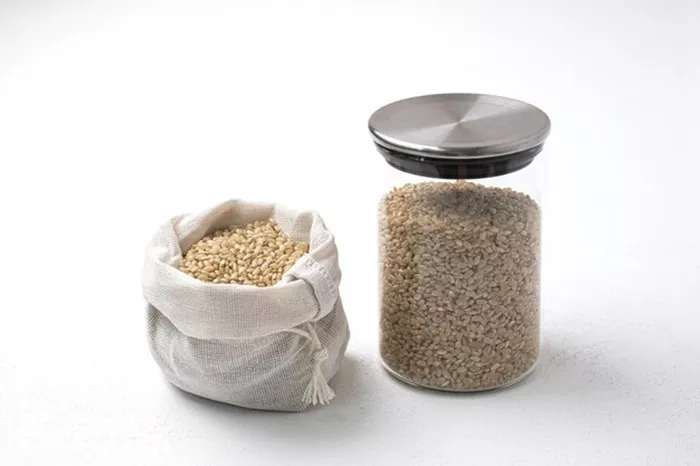Researchers at Aston University have found that young adults can significantly improve their diets by following healthy eating social media accounts, according to a recent study. The investigation revealed that exposure to positive food choices on platforms like Instagram can lead to increased consumption of fruits and vegetables and reduced intake of high-calorie snacks.
The study, led by Dr. Lily Hawkins as part of her PhD research under the guidance of Dr. Jason Thomas and Professor Claire Farrow at the School of Psychology, involved 52 participants, average age 22, who were regular social media users. These volunteers were divided into two groups: one group followed healthy eating accounts, while the control group followed interior design accounts over a two-week period.
Findings showed that those in the intervention group consumed on average an additional 1.4 portions of fruits and vegetables and 0.8 fewer energy-dense items per day compared to the control group. This substantial dietary improvement suggests that even minor changes in social media usage could lead to better eating habits.
Dr. Thomas emphasized the role of social affiliation in these behavioral changes, noting that the effects were more pronounced among participants who felt a connection with other users they followed. This research aligns with strategies that leverage social norms to encourage healthier behaviors, such as using promotional posters in public spaces to promote beneficial dietary habits.
Given the widespread use of social media, particularly among younger demographics, the team believes these platforms are ideal for promoting healthier eating habits. The pilot study’s promising results point to the potential of social media interventions to foster lasting improvements in public health.
“This is only a pilot intervention study at the moment, but it’s quite an exciting suite of findings,” said Dr. Thomas. “It suggests that even some minor tweaks to our social media accounts might lead to substantial improvements in diet, at zero cost.”
Dr. Hawkins, now affiliated with the University of Exeter, highlighted the real-world applicability of these findings. “Our previous research has demonstrated that social norms on social media may nudge food consumption, but this pilot demonstrates that this translates to the real world,” she remarked.
The researchers are optimistic about the future of this research avenue, planning to further explore whether such social media-based interventions can permanently alter perceptions and habits regarding food consumption in larger community samples.

![Which vitamins are rich in dragon fruit: [Revealed!]](https://www.dailyhealthways.com/wp-content/uploads/2023/12/nutrition1.webp)






























